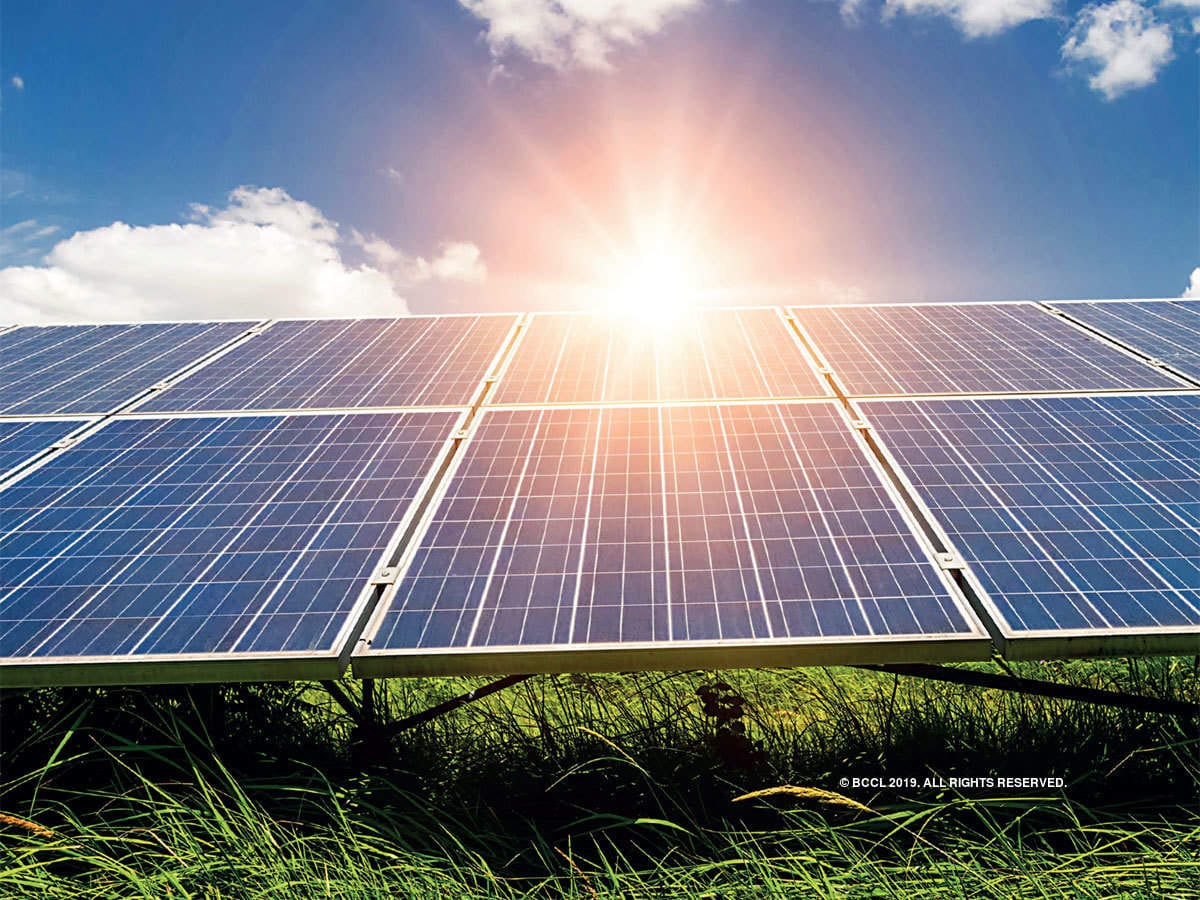

Are solar panels worth it?
Solar panel systems have numerous benefits, but how do you know for certain that they’re worth acquiring for your home? Here we’ll explain some of the pros and cons of home solar panels to help you decide.
Advantages of Solar Energy for your home
Lower Cost of Electricity
Electricity usage and utility bills will only continue to increase for many households as more and more people shift to working from home during the pandemic. Adding solar panels to your home can help offset increased energy costs, helping you save money while you work remotely.
Higher Home Resale Value
Rooftop solar panels can increase your home’s resale value with a return on investment (ROI) that is higher than many other types of home improvements. According to Zillow, solar panels boost the selling price of a home by 4.1%.
Minimal Maintenance Costs
Solar power systems require minimal maintenance costs. Any necessary repairs or replacements should be covered by your system’s warranty. Be sure to check your manufacturer’s warranty to understand what equipment is covered and for how long.
Reduced Environmental Impact
Solar power allows you to harness the energy of the sun and power your home or business without contributing to local air pollution. Most electricity is still generated by burning fossil fuels, with coal and gas accounting for 59.6% of the nation’s net sourcing.
By installing solar panels and sourcing your own renewable energy at home, you’re contributing to a cleaner environment and a more robust electric grid. Solar panels also have a usable life of 40+ years and are recyclable once they reach their end.
Increased Energy Independence
Generating your own energy through solar makes your household more self-sufficient by freeing you from relying entirely on energy companies and grid electricity. A home solar panel array combined with a high-capacity backup battery or generator provides the ability to source your energy on-site as well as store any excess energy for emergency use.
Disadvantages of Solar Energy for Your Home
Upfront Cost
Your system cost is a function of the brand and type of solar panels you choose, the size of the system, and the incentives that will offset your out-of-pocket cost. You may be eligible for government subsidies that will lower your cost.
Buying your system with cash only will reduce your total investment but will take time to pay back. Financing can reduce or eliminate your upfront out-of-pocket costs but will lower your lifetime savings.
Payback Time
Solar is a long-term investment, and whether you pay cash or choose to finance the system, it will take some time to see a return on that investment. However, once you pass the break-even point, you will continue to reap the savings from your solar investment for decades.
But what if you aren’t planning to stay in your home for the length of the payback period? The increase in home value will likely still make solar a good investment, as long as you aren’t planning to move in the next one to two years.
Not Ideal for Every Home
Unfortunately, not every home is a good candidate for solar.
You need a certain amount of unobstructed sunlight to make the installation cost worthwhile. The amount of solar power that can reach your home depends on where you live, how much shade covers your roof (trees or roof structures such as chimneys create roof shade), and the direction your roof is facing (south-facing is best).
Whether your roof is brand-new or not doesn’t matter, but it needs to be in good condition in order for solar panels to be installed properly. If you need major roof repairs in the near future, you should wait until those repairs are complete before considering solar.
Your roof type can also make solar impractical. The most common roof type, composite shingle, makes for a straightforward installation. A standing seam metal or clay tile roof is more complex; your cost will likely be higher, and you’ll need to find an installer who has experience with those roof types. Ground-mounted solar may be an option if your roof is incompatible with solar panels.
Rising Solar Prices and Potentially Limited Supply
Many components of solar panel systems are made in countries whose manufacturing industries have been disrupted for several months due to the COVID-19 pandemic. These global supply chain disruptions are likely to cause increases in the price of solar panels, inverters, and related equipment due to limited availability.
Going solar now protects you from higher prices or panel shortages in the future.
The time to go solar is now, and we are open for business. NOEL TECHNOLOGIES is compliant with all health-related requirements and best practices from consultation to installation.
We offer virtual consultations and maintain social distancing and health protocols during the installation process at your home or business. Our personnel also perform daily health screenings.
For more information on who we are and what we offer, contact us today by calling +91 98456 81435 or completing our online inquiry form.
Post Your Comment Here